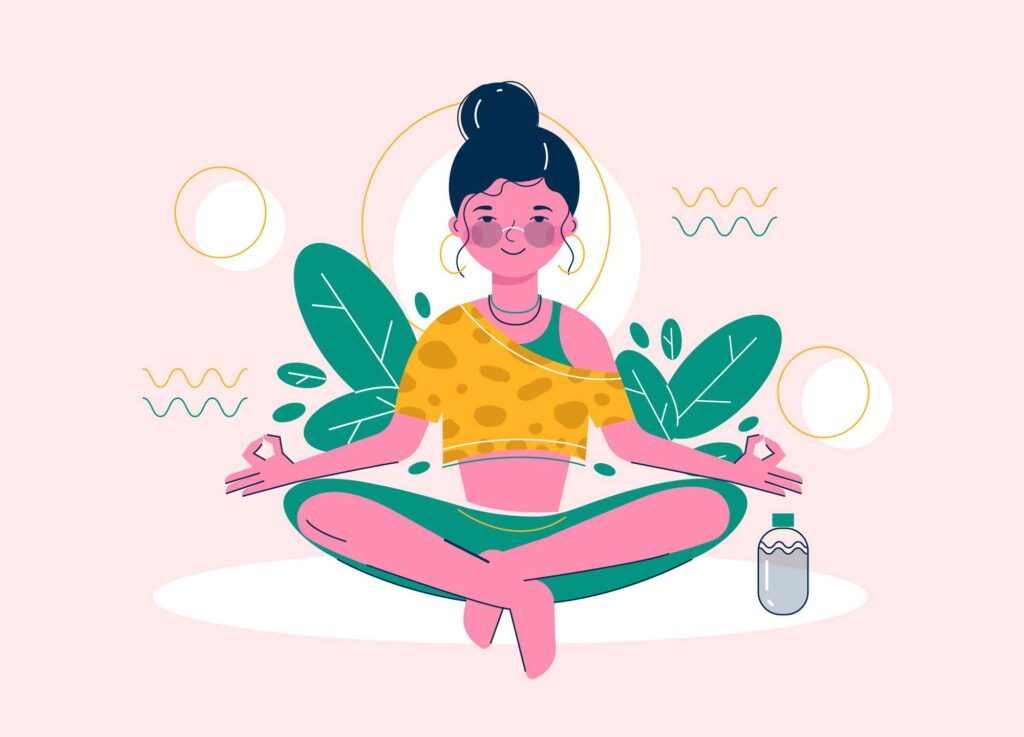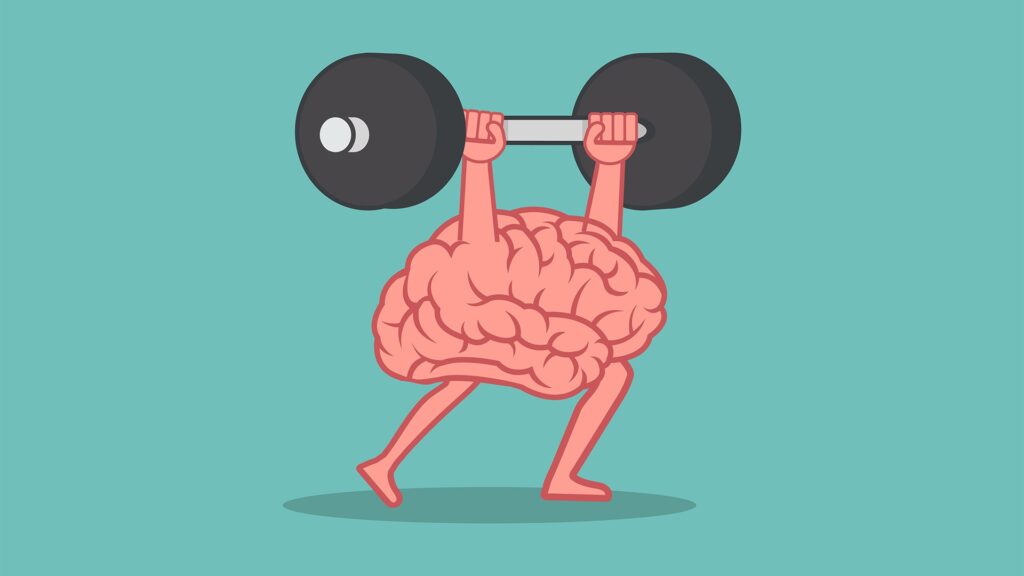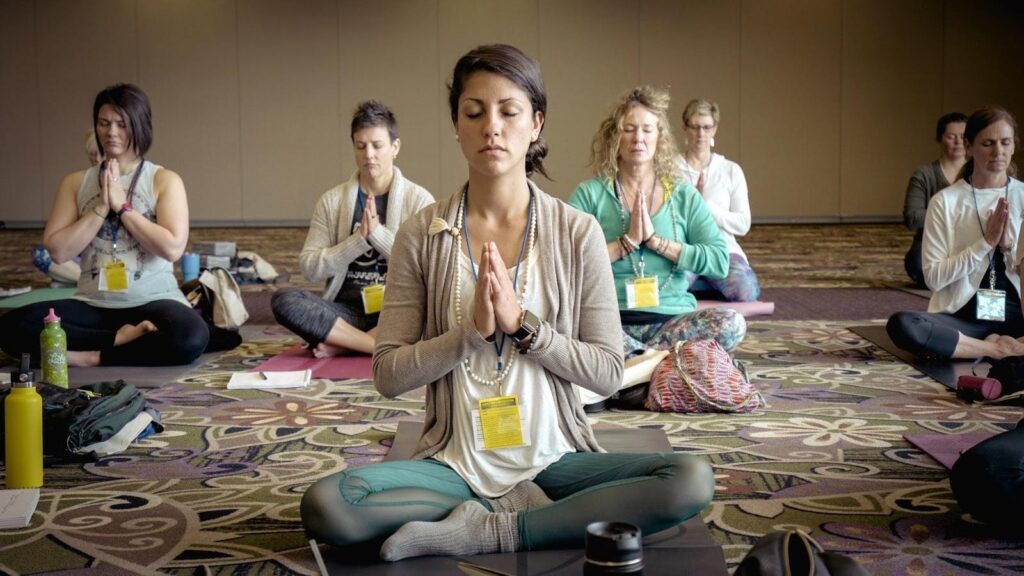
How Meditation Can Improve Your Life and Best Time to Meditate – 2024 Guide
With the world-wide quarantine happening to most of us, and we being enclosed in our homes for long periods of time, mental health has never been as important for civilization as it is now.
Society has started to notice that maybe, just maybe, some of us might need some help to be ok and not succumb to anxiety or depression and that putting effort to improve our mental health is actually necessary.
Some started to engage in rather healthy activities that are scientifically proven to improve our health, either physically or mentally, or both, even. Exercises, for example, are proven to work wonders when it comes to improving our mood and increasing our proactivity.
Others have started to engage in hobbies such as reading, writing, drawing, sculpting, cooking, and even things like cleaning or baking. There’s a bunch of activities that you can try, but meditation is definitely one of the best among the pool of choices.
The thing is: a lot of people don’t trust meditation. They think that meditation is a waste of time and there’s no benefit from it, but the truth is that most people aren’t capable of meditating for more than a minute before giving up.
They come to realize that meditating is actually hard and that is not something that they’ll do correctly right away. It takes a lot of time, discipline, effort, and will, to benefit from meditation.
Thus, we are here to provide information about why you should consider meditating to improve your life, and how to actually do it.
Why Meditation is the Key for Mental Wellbeing

Don’t get me wrong. There are multiple ways to increase your mental wellbeing. Exercise, for example, has been proven to help with depression and considering that 1 out of 10 adults suffers from depression, this a big deal.
If you think about it logically, it makes sense. Our minds and bodies are deeply connected, and we can pretty much say that our physical wellbeing depends on how mentally stable we are, but for us to be mentally stable, we need to enjoy good health. It’s a cycle, and they both rely on each other.
Exercises can improve our physical health by a lot, as mentioned over here. Simply put, exercising can help us feel more energetic, which translates to feeling more mentally and physically active. It also helps us sleep better, which tends to be a heavy cause for depression and tiredness in a lot of people.
But what do you do when exercising does not improve your problems with depressive thoughts, procrastination, low self-esteem, and other problems related to you and your mind? Well, here’s where meditation enters the play.
Training Our Brains and Minds

When I started getting interested in meditation, I saw a video where a man described our brains as biological thought engines that were high on LSD on a regular basis. For some reason, this statement felt very relatable to me, considering how many problems I had with getting distracted and procrastinating, and how hard it was to control my current of thought from derailing to an unknown universe.
Meditation is all about training your mind to reduce the amount of anxious, stressful, and depressive thoughts, as well as to help it engage in something we know as hyper conscience, which is a state of increased self-awareness, not about ourselves, but our surroundings, and the things we are doing, feeling and enjoying at the moment.
Through this training process, you will teach your mind to be more mindful and attentive to the activities you need to do, like work and studies. It will also improve your endurance against stress and anxiety, and overall, make you a happier person.
The benefits of meditation are many, but I can simply say that if done correctly, and with discipline, it will literally change your perspective of life.
How to Actually Do It

Now, a lot of people struggle when it comes to meditating, and believe me, finding the right time to meditate as well as doing it correctly is absolutely necessary to actually benefit from it.
But there’s something you have to keep in mind when you are starting to meditate for the first time: you don’t have to challenge yourself too hard, and also, you won’t do it perfectly.
In fact, having the right mindset when engaging in this activity is what makes the difference between giving up meditation and keeping it up. We will discuss why later, so let’s talk about meditating itself.
There are many variations of meditation, and each one has its own advantages. The most common one, though, is the one that focuses on your breath. It’s the best form of meditation for beginners since it is simple and straightforward. If you visit https://cheefbotanicals.com/when-is-the-best-time-to-meditate/, you’ll get to know when you should meditate.
What you need to do is put yourself in a position where you need to focus on your posture. This is why people sit with their legs crossed, with their backs straight and their hands resting in their feet.

Try to achieve this posture in a quiet, empty room. Music and audiobooks are not allowed if you want to truly train your mind into focusing on itself. After you have sat with the right posture, breath in and out in regular intervals, and focus your mind in this process.
Simple enough, right? Well, you have to do that while trying to blank your mind. And I mean, trying to make your mind ignore all thoughts that could pop-up. This is the hard part, and what makes it so hard for a lot of people.
If I could describe meditating in a sentence, I would say that it is a straight-up challenge against yourself, where you battle your mind to achieve actual peace. Without anything to distract you, your mind becomes an enemy that can eat you whole with useless thoughts. Meditating is about fighting the urges to think about stuff, and just be present, and enjoy meditating.
But a lot of people fail to achieve this because they notice that blanking their minds is actually difficult. But is normal to make mistakes and fail during the beginning. Just focus on meditating at least 5 to 10 minutes a day, during moments you feel comfortable and free. If you slip a thought, just keep going.
Eventually, you’ll be able to meditate for longer periods of time and challenge yourself further. The more you do, the more benefits you will enjoy, until you enjoy true peace of mind.




